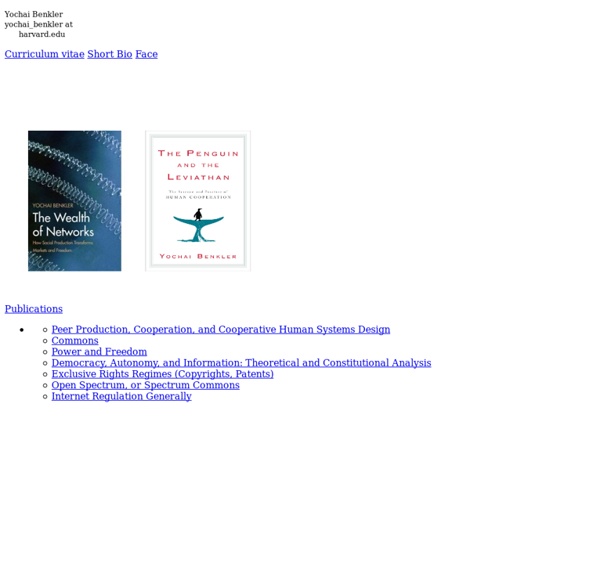Yochai Benkler

Education and Information Technologies, Volume 12, Number 2
The idea of using the internet as a platform to mediate social interactions and learning at different levels has progressively affirming itself, and this has given rise to a huge number of spontaneous and planned collectives, which are often described as on-line learning networks. On-line learning networks create value through the combination of content and people’s knowledge. They can vary widely in the strength and permanence of their connections and the resources necessary to maintain them. Aspects of both a pragmatic and social nature need to be carefully considered in the process of initiation of on-line learning communities. This paper considers learning networks from the perspective of the potential they offer to the strengthening of relationships among institutions, groups, and people sharing a common interest in computer-enhanced learning.
toutes les collections | Bibliothèque | Base de données en alphabétisation des adultes
Related:
Related:



